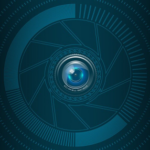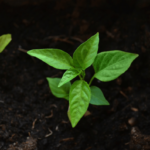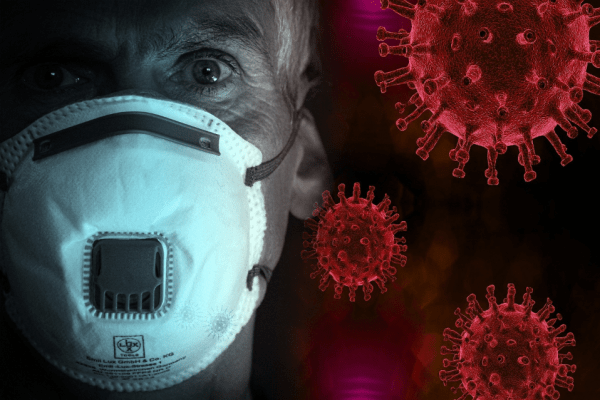
I read somewhere on Instagram a few days ago that April Fools’ Day was to be cancelled this year because no made-up prank could match what is happening in the world right now. Everybody can agree that this is an unprecedented time in human history. In the 21st century, we pride ourselves on living by information and knowledge. We love to dissect phenomena, control almost everything—processes, events, structures. We love to unpack the mystical, conquer the unknown, which is why the current moment seems particularly scary. We have some sense of what coronaviruses are but the way the situation has developed (so rapidly) has been largely beyond our grasp, and continues to be. We have no proper clue about where all the virus exactly is, who all are truly infected, what the real statistics might be, for so many cases could just be unreported or without symptoms.
The situation is also frightening and confounding because while it feels like war there’s no party operating out there with a definite malevolent intent. The virus is spreading like wildfire, death toll is rising out of sheer random chance—a weak elder might get the disease after having a wonderful dinner with a young grandchild who is a carrier of the virus, completely unaware of what he/she is passing on and where and from whom it was picked up. There is talk of mass graves in Iran, the loss of a generation in Italy, the Serbian army placing 3000 beds into a fair hall in Belgrade just in case, US becoming the new epicentre. Healthcare workers themselves are falling ill, as test kits and protective equipment continue to be limited.
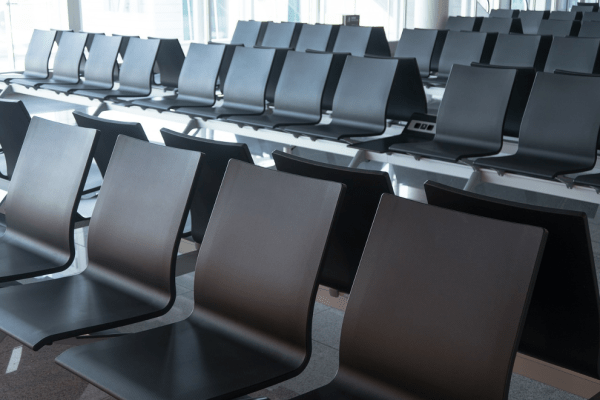
Wuhan was quarantined in January and most of us thought the problem would end there. But the entire world is now caught between restrictions and bans, shutdowns and lockdowns, cancellations and curfews. We have woken up to tough social distancing orders. Over the past three months, several industries have been impacted by this apocalypse-like emergency: tourism, hospitality, sports, entertainment, arts. Cashflows have evaporated, financial markets have gone haywire. There are bankruptcies predicted for aviation and urgent demands for government bailouts. I read a piece where an expert was saying that oil (a commodity that turns producers into oligarchs) prices might hit negative, for the earth has limited capacity to store the substance, and companies with oversupply and little demand might have to “pay” customers to take it away.
The complex logistical chains across continents have been disturbed. Travellers are stranded away from home, analysts writing doom and gloom opinion pieces on the coming global recession, politicians are nervously announcing stimulus packages.
What will ultimately happen? We might as well find ourselves on the other side of this calamity with several big lessons, new perspectives and (more precautionary) ways of life. We might take better care of our bodies, practise better hygiene on all days of the year, go for regular medical checkups, whether we feel poorly or not, institute more stringent and thorough biosecurity laws. We, as human beings, might gain a better understanding of our “place” and “position” in nature and accept the fact that rapid industrialisation and urbanisation has its demerits. We are not supposed to so recklessly encroach upon wild territory. We must keep pathogen-carrying animals like bats and pangolins at a safe and respectable distance, away from traders and wet markets.
Perhaps if our current capitalistic global civilisation is revealing itself to be so unpredictable and prone to collapse, we might be compelled to think out new economic models. If jobs—in the traditional sense—can simply vanish overnight, we might have to redefine “work” and the manner in which revenue is attained. Also, we might come out with the state having a better relationship with the individual citizen.
There are other things that the pandemic is making me consider. I am thinking of how connected we human beings are at a very deep fundamental level, sharing the same biological make-up, like multiple parts of one huge organism. And how superficial and temporary, by contrast, are our social differences: our national borders, cultural outlooks. For all the anxiety and sorrow it is giving some of us, COVID-19 is also appearing out to be a tool by which nature is “resetting itself”. The drastic reduction in transportation and travel has made the environment at least a major short-term beneficiary. In Venice, canals are clearer. In Beijing, the air is cleaner.
Emphasis on the distinction between “the essential” and “the non-essential” is loud. We are being told to scale back and strip away whatever is not needed. Now is a good time to get rid of everything that doesn’t serve us well, that leads to unnecessary costs. If so many people are actually capable of working from home, why make them commute every day? Aren’t they better off less tired, spending more time with their families? Panic buying is teaching us the value of items of daily use: toilet paper and soap, milk and water. Luxuries are out of reach, we are consuming less and, as a result, getting to know how much we waste. We can determine our limits and our strengths. Now is also the moment where those who have more than they require have the opportunity to share their resources with the ones whose incomes have been immediately threatened.
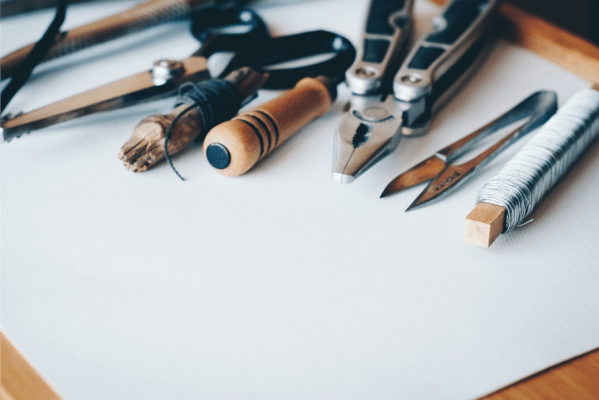
Finally, what about artists? How are they to respond to these events as they unfold? Art fairs began being cancelled or postponed a while ago—Art Basel HK, Art Dubai, etc—and many participants felt they would be losing out a lot, suddenly left without venues to exhibit their works. If established galleries are feeling the pressure, it is only natural that those who are relatively unknown or just starting out might be worried about survival.
I think the first thing that those in the arts must do is acknowledge that we are all in this together—there are several industries that have been adversely affected. Secondly, they must not be afraid of asking for help. Lastly, I feel they must use whichever tools they have at hand, and which they have been taking for granted, to create something beautiful. If you have been neglecting the online world, get instantly more active on Instagram, Facebook, Twitter or LinkedIn. Go around dropping emails. If you find it hard to ask people to straightaway “buy” your work, just introduce yourself, make yourself known. (Many art organisations are already making use of this time to invite people into online viewing rooms, they are rethinking their business strategies, broadcasting more from a distance.) If you have wood, paper, scissors, some pens, glue, a few colours—use every bit of it. See what you can create with the things around you. It will be meaningful and valuable (even monetarily, later on) in its own special way. Remember that Duchamp’s Fountain was only a urinal. You don’t always need many resources to stand out, just resourcefulness, an approach that hasn’t been tried before.
The arts are considered a non-essential pursuit, but paradoxically, they are not less but more important now. For good narratives, visual or literary, have the power to refresh us and save us from tedium, fretfulness and fear. They also build community and spread a sense of cheer. It is not for nothing that the characters in Giovanni Boccaccio’s Decameron took refuge in a villa outside Florence while escaping the Black Death—the deadliest pandemic in recorded history that resulted in an estimated 75 to 200 million deaths—to tell each other stories.
Written by Tulika Bahadur.
